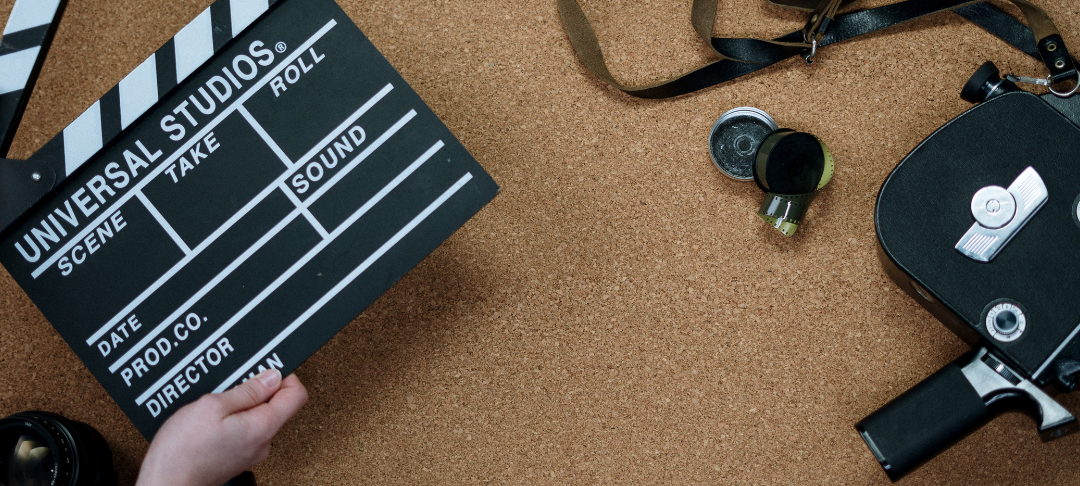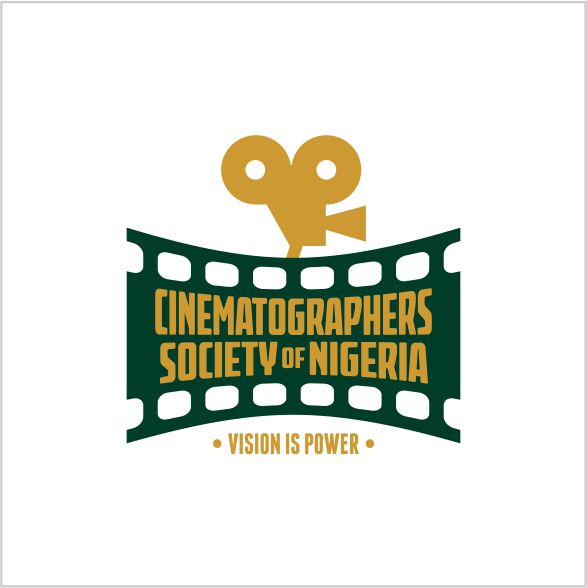
Lights, Camera, Action: A Journey Through the History of Cinematography
Introduction
In the world of entertainment, few mediums have captivated and influenced audiences as profoundly as cinematography. The art of capturing motion pictures on film has a fascinating history that spans over a century. From its modest beginnings as a technological novelty to the sophisticated and powerful storytelling medium it is today, the evolution of cinematography is a testament to human creativity and innovation. Join us on a journey through time as we explore the captivating history of cinematography.
The Birth of Cinematography: Lumière Brothers and the Cinématographe
The story of cinematography begins in the late 19th century, when two French brothers, Auguste and Louis Lumière, introduced the world to the “Cinématographe” in 1895. This revolutionary device was not only capable of recording moving images but also of projecting them onto a screen. The Lumière brothers’ first public screening in Paris marked the birth of cinema, as audiences marveled at the simple yet magical spectacle of a train arriving at a station and workers leaving a factory.
The Silent Era: Early Narrative Films
As cinema continued to evolve, filmmakers around the world experimented with the medium. The early 20th century saw the emergence of narrative films, where directors like Georges Méliès used imaginative storytelling techniques and special effects to transport audiences to fantastical worlds. Silent film stars like Charlie Chaplin and Buster Keaton became beloved figures, using physical comedy and expressive acting to convey emotions and tell stories without the use of spoken dialogue.
The Advent of Sound: Transition to “Talkies”
The late 1920s brought about a significant shift in cinematography with the introduction of synchronized sound. “The Jazz Singer” (1927), starring Al Jolson, was a groundbreaking film that featured both dialogue and music. This transition from silent films to “talkies” revolutionized the industry, leading to the Golden Age of Hollywood. Legendary films like “Gone with the Wind” (1939) and “Casablanca” (1942) showcased the magic of sound in storytelling.
Technicolor and the Era of Color Films
While black-and-white films had their own allure, the 1930s and 1940s saw the development and popularization of color cinematography. The Technicolor process, which used a three-strip color system, brought vibrant hues to the silver screen. Classics like “The Wizard of Oz” (1939) and “Gone with the Wind” (1939) showcased the beauty and emotional impact of color in filmmaking, forever changing the cinematic experience.
The Influence of Technology: The Digital Age
The latter half of the 20th century witnessed revolutionary technological advancements in cinematography. The introduction of 16mm and 35mm film formats provided filmmakers with greater flexibility and visual clarity. However, it was the digital age that truly transformed cinematography. The advent of digital cameras, computer-generated imagery (CGI), and post-production editing software gave filmmakers unprecedented creative control and flexibility in shaping their vision.
Contemporary Cinematography: A Fusion of Art and Technology
Today, cinematography is a dynamic fusion of artistry and technology. Filmmakers harness cutting-edge cameras, drones, and special effects to capture breathtaking visuals. Cinematographers like Roger Deakins (“Blade Runner 2049”) and Emmanuel Lubezki (“The Revenant”) push the boundaries of what is possible in visual storytelling, earning acclaim and admiration for their work.
Conclusion
The history of cinematography is a journey marked by constant innovation, creativity, and the desire to capture and share stories through moving images. From the Lumière brothers’ humble beginnings to the digital age of Hollywood, cinematography continues to shape the way we experience and appreciate cinema. As technology and storytelling techniques continue to advance, the future of cinematography promises even more incredible possibilities and breathtaking cinematic experiences for generations to come.

